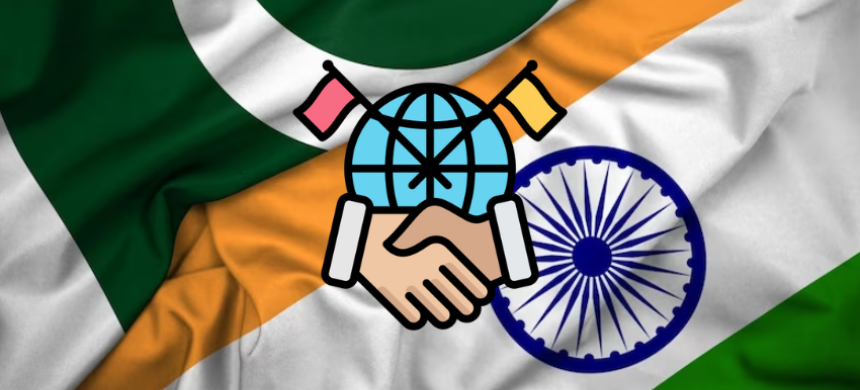Escalating Tensions between Pakistan and India: Pakistan’s Diplomatic Strategy
Following the recent attack in Pahalgam in Indian Illegally Occupied Jammu and Kashmir, tensions between Pakistan and India have escalated, rapidly shifting the regional dynamics. As is often the case, India immediately blamed Pakistan for the attack. In response, Pakistan demanded that a neutral third party conduct an independent inquiry, asserting that “we do not trust India.”
Among the global community, China is the only country to have supported Pakistan’s call for an inquiry, while Saudi Arabia, on the other hand, not only refrained from supporting Pakistan’s position but also declared its backing for India. Furthermore, Saudi Arabia expressed its willingness to collaborate with New Delhi on this matter.
Currently, Pakistan stands largely alone in its defense, but through its strategic diplomatic moves, it is calling for a third-party investigation, thereby applying pressure on India and enhancing its international standing. This is part of a broader strategy to put India on the defensive. India, of course, is likely to reject this third-party inquiry, as the findings could expose uncomfortable truths that it would prefer to conceal. India will argue against the investigation, citing concerns of national security and sovereignty.
Read More: North Korea Officially Joins Russia in War Against Ukraine
By demanding an impartial investigation, Pakistan is working to decisively dismantle India’s narrative and force global powers to recognize its stance. Through this approach, Pakistan is demonstrating a commitment to transparency and a genuine desire for peace, while India appears to avoid such scrutiny. Historically, India has accused Pakistan without presenting concrete evidence, using these unfounded allegations to frame Pakistan as a state sponsor of terrorism. This rhetoric has skewed the regional atmosphere, shifting the balance of power in South Asia. The international community must not treat these accusations as routine; a transparent investigation would allow for the truth to emerge and foster peace in the region.
Diplomacy, by nature, requires patience—whether in defense of state interests or even in times of conflict. Aggressive policies, driven by a lack of patience, inevitably lead to failure. Currently, India is leaning on aggressive tactics, whereas Pakistan is calmly presenting its case on the global stage and offering cooperation in the investigation. This measured approach allows Pakistan to craft a compelling narrative internationally, applying pressure on India and encouraging global powers to reassess the situation.
The calculated, step-by-step diplomatic strategy employed by Pakistan’s officials is embedding its position in the minds of global actors. This gradual approach will increase pressure on India, erode its credibility, and shift the narrative in Pakistan’s favor. Iran, China, and Russia have similarly adopted strategic diplomatic postures, with China effectively neutralizing the United States through soft diplomacy. Iran has also conveyed a thoughtful message to the world, signaling its openness to negotiation despite external pressures.
Despite India’s claims of championing democracy, it has followed an aggressive policy similar to that of the United States. In this moment, Pakistan does not need to resort to aggression but should continue to engage in soft diplomacy, gradually ensnaring India in a narrative that challenges its credibility. India has gained favor with global powers through its own methods, but if it is confronted with diplomatic challenges that undermine its legitimacy—similar to how the United States was diplomatically isolated—it could find itself without the support it expects in the event of conflict.
If Pakistan succeeds in subduing India through soft diplomacy, arguments based on India’s emerging or large economy will lose their relevance. India, despite its size, will find that its diminishing diplomatic credibility undermines its position. At the same time, Pakistan continues to progress smoothly with exemplary diplomacy, creating a compelling narrative that is resonating with global powers. The world is now focused on Pakistan’s call for a third-party inquiry, and India’s refusal to engage in the process speaks volumes.











